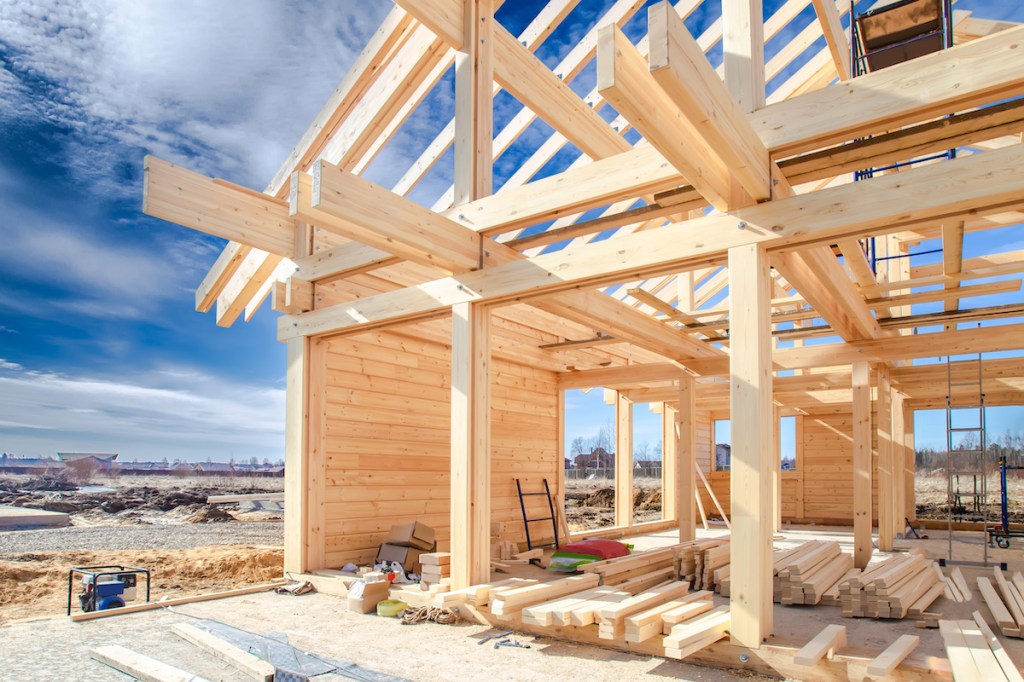The U.S. economy produced just 235,000 new jobs in August, far below economists’ expectations of 725,000 jobs.
It was the slowest month of growth since January 2021. Roughly one million jobs were produced in the months of both June and July.
“There’s no question that the Delta variant is why today’s job report isn’t stronger,” President Joe Biden said Friday. “I know people were looking, and I was hoping, for a higher number.”
Prior months’ data suggested that employers were ready to increase production to meet consumer demand, but the delta variant impacted hiring, said Joel Kan, the Mortgage Bankers Association‘s vice president of economic and industry forecasting.
“Also, this was the first time in six months that leisure and hospitality hiring did not show a gain and the second month in a row that retail trade saw a decline,” he said. “Overall payroll employment is still 3.5% below where it was pre-pandemic. And the leisure and hospitality sector remained 10% behind.”
The Labor Department report on Friday shows an unemployment rate of 5.2% compared with 5.4% in July, and job gains were concentrated in the professional and business services sectors.
Though the jobs report was widely considered a disappointment, there are some promising signs for the housing industry.
“Residential construction employment (including specialty trade contractors) grew by 17,400 in August, up from the prior month,” said Mark Palim, deputy chief economist at Fannie Mae. “These strong job gains will likely help builders tackle their current backlogs of orders, which we believe should help ease supply constraints in this sector.”
Kan noted that it’s a sign that homebuilders are getting a better handle on building costs and labor shortages, which “should continue to support builders’ abilities to sustain higher levels of new construction,” he said.
First American Deputy Chief Economist Odeta Kushi said that residential building employment is now up 5% above pre-pandemic levels.
“We need more homes and in such a labor-intensive industry, you need more workers to build more homes,” she said. “Job growth increased a modest 0.01% for residential construction building, a slower pace than previous months…Attracting skilled labor remains a key priority for construction. The best attraction and retention policy? Pay more. Average hourly earnings in construction are up nearly 4% on a year-over-year basis in August. For comparison, annual wage growth in construction in 2019 and 2020 was approximately 2.9%. Attract more labor and there will be more ground-breaking on new homes.”






